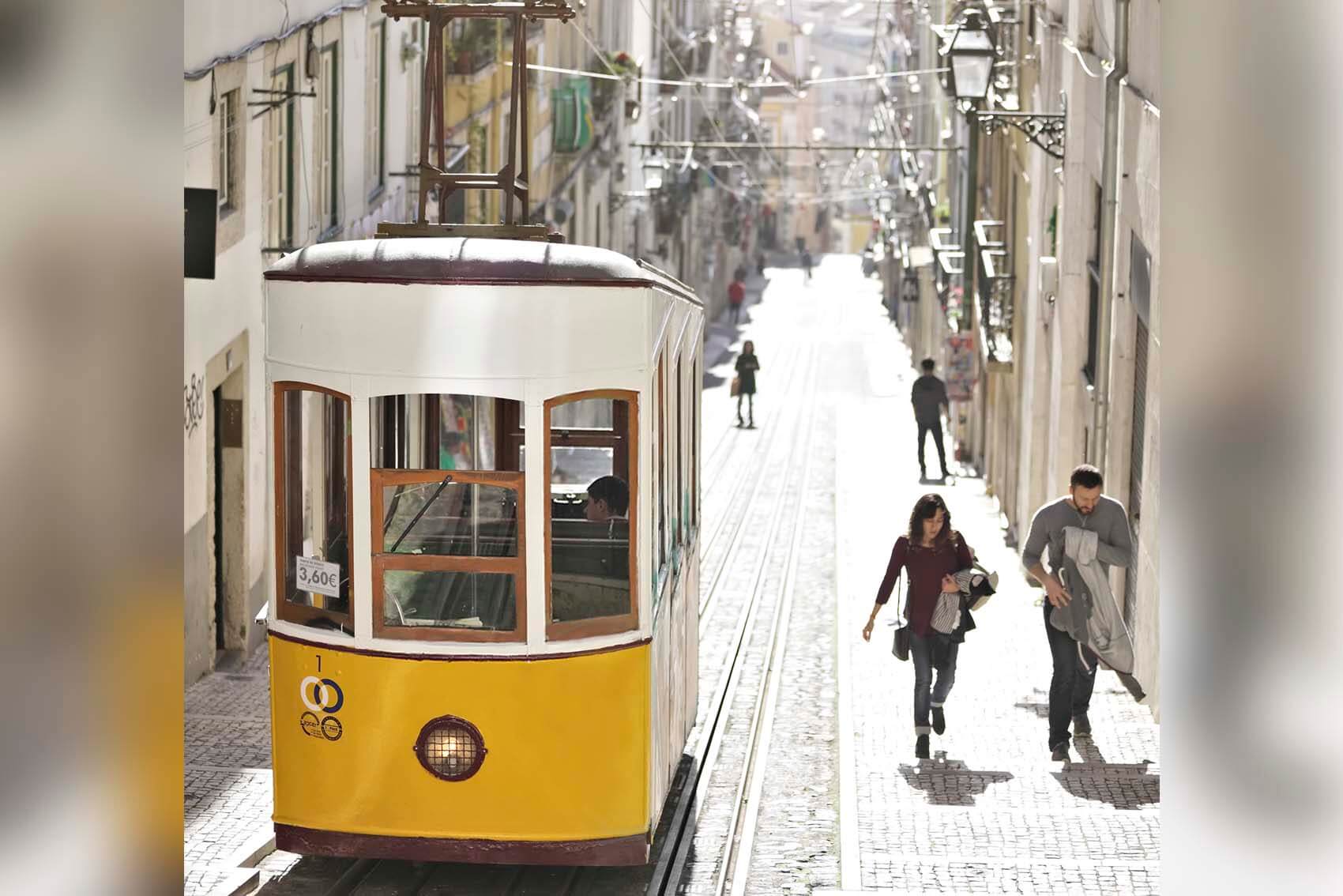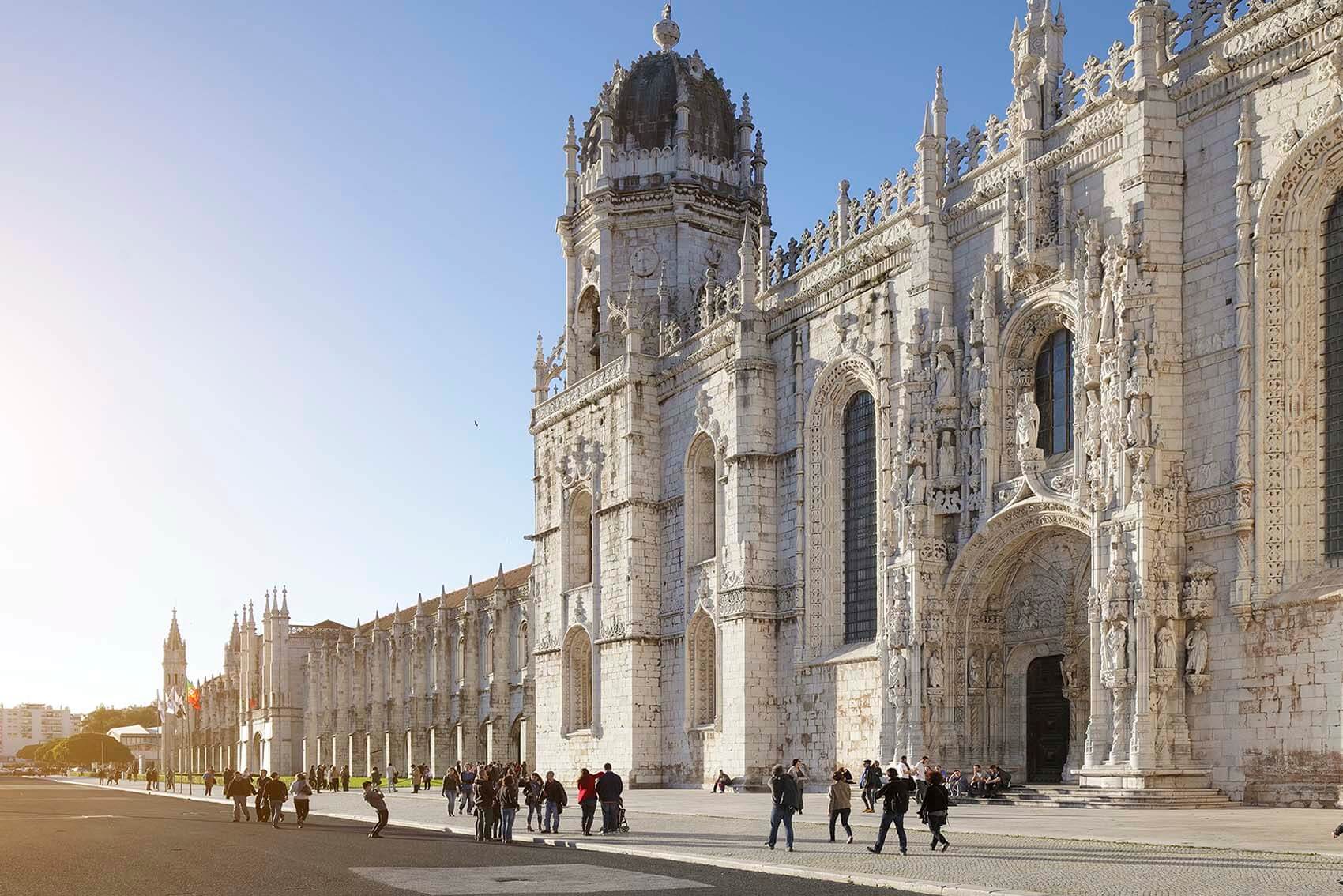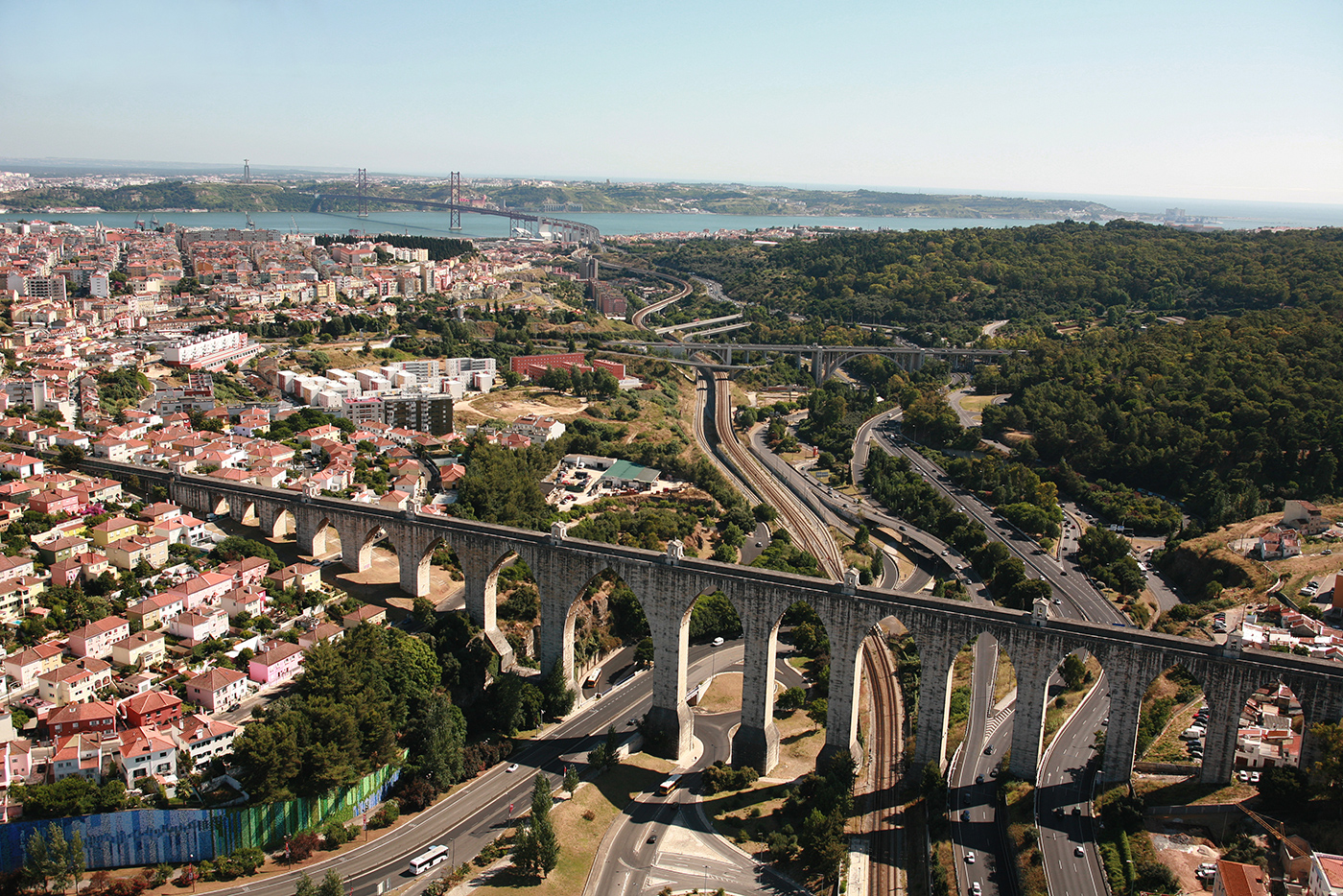Information about Lisbon
Lisbon, the vibrant capitan city of Portugal, is located on the western coast of Europe, overlooking the Atlantic Ocean. It is known for its charming old neighborhoods, colorful architecture, old-fashioned trams, delicious food and rich history. Decadent and enchanting, Liston is a city that is easy to love.
One of the most iconic features of Lisbon is its hilly landscape, which means there are stunning views around every corner. For this reason, the trams are a major part of Lisbon's identity and charm. Lisbon’s historic trams have been in operation since the early 1900's and are a beloved symbol of the city. They are a popular way for locals and tourists alike to get around, especially in the hilly areas where walking can be a bit challenging.

Don't miss the opportunity to visit the Belém Tower, a UNESCO World Heritage site that stands as a testament to Portugal's maritime heritage. The Jerónimos Monastery, also in Belém, is a must-visit, and you really should taste the famous pastéis de Belém pastries while you’re there. The São Jorge Castle, perched on a hilltop, offers panoramic views and a glimpse into Lisbon's medieval past. LX Factory, located in the Alcântara neighborhood, provides a vibrant atmosphere with trendy shops, art galleries, and a lively nightlife. For a taste of royal opulence, explore the Ajuda National Palace and admire its lavish interiors and beautiful gardens. The National Museum of Ancient Art showcases a remarkable collection of European art, including Portuguese, Dutch, and Flemish masterpieces.
 |
|
If you want to consult the opportunities offered by Lisbon, consult Lisboa official website.
Information about the Rectorate of Universidade NOVA de Lisboa
The NOVA Rectorate is located in the center of Lisbon, near Praça de Espanha, and received the Valmor Award in 2002.
 |
 |
The red metro line connects directly Humberto Delgado Airport with the Universidade Nova de Lisboa.


